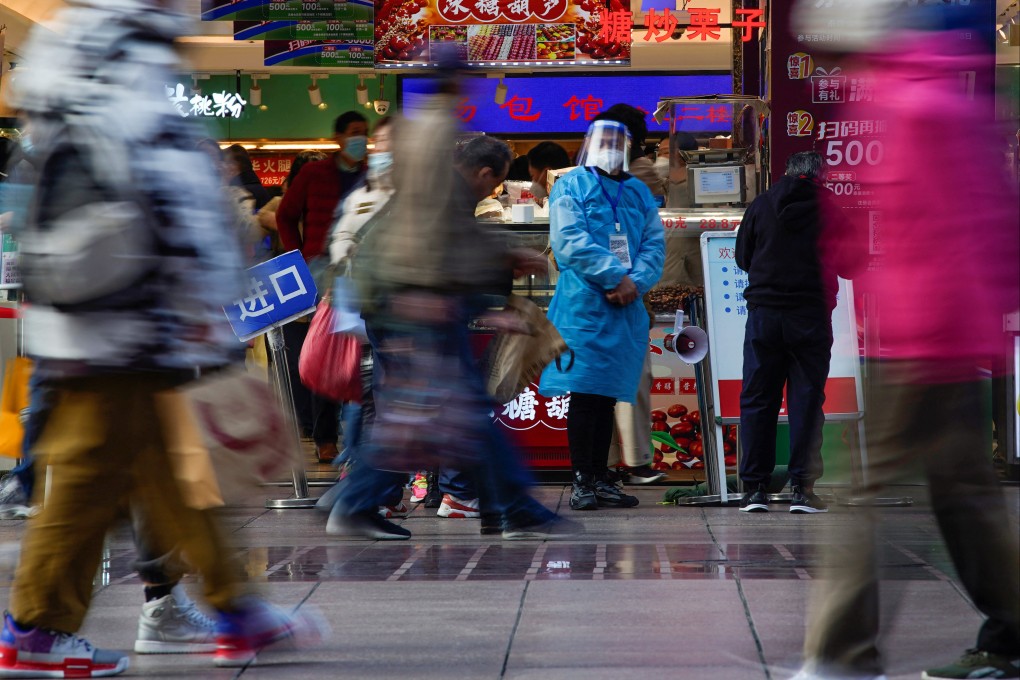Letters | As China eases its zero-Covid policy, can it prove the naysayers wrong?
- Readers discuss China’s economic resilience during the pandemic, and how work-life balance can spur the economy

On September 22, 2015, President Xi Jinping delivered a speech in Seattle in which he shared his first-hand experience of China’s extraordinary journey. “We can fulfil the Chinese dream only when we link it with our people’s yearning for a better life,” he said.
The president’s words were by no means lip service: between 2015 and 2019, the nation recorded annual gross domestic product growth of 6-7 per cent, 3-4 percentage points higher than that of the United States, Japan and Germany, the other three of the world’s four largest economies.
Then, in 2020, Covid-19 hit the world hard. A chorus of economists warned of the impact of China’s stringent zero-Covid policy on the economy.
Despite the intense outbreaks in 2020, China recorded GDP growth of 2.2 per cent, while the other large economies recorded negative growth – the United States -3.4 per cent, Germany -4.6 per cent and Japan -4.5 per cent.